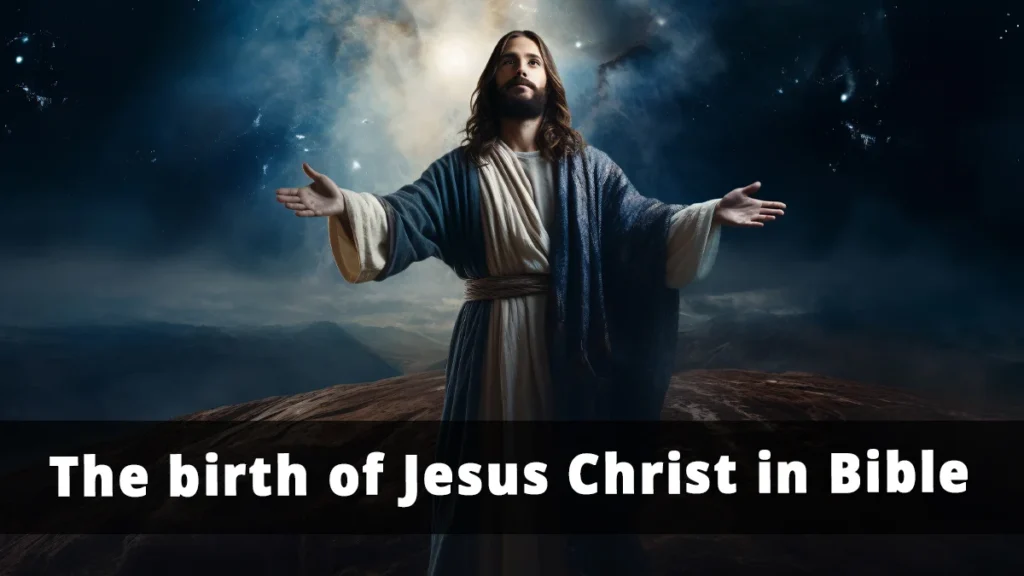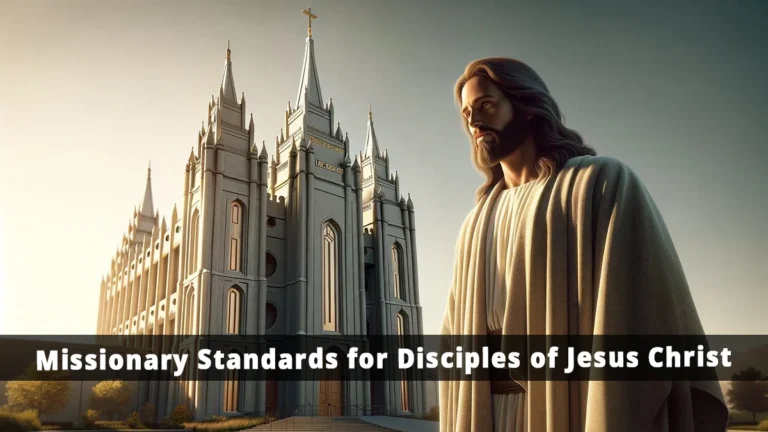Use Coupon FLAT10 for 10% OFF on Order over $100.
The Birth of Jesus Christ: A Foundational Event in Christian Theology
Discover the profound story of the birth of Jesus Christ, as narrated in the Gospels of Matthew and Luke. Explore the Nativity, the Annunciation, Joseph’s Dream, the journey to Bethlehem, and the divine significance of this pivotal event in Christian theology.

The birth of Jesus Christ is a foundational event in Christian theology and is narrated primarily in the Gospels of Matthew and Luke in the New Testament. This event, known as the Nativity, marks the incarnation of Jesus, whom Christians believe to be the Son of God and the Savior of humanity. The Nativity story is celebrated annually at Christmas, reflecting on themes of humility, divine intervention, and fulfilment of prophecy.
The Annunciation
The Nativity story begins with the Annunciation, an event described in the Gospel of Luke. The angel Gabriel was sent by God to a young virgin named Mary, who lived in the town of Nazareth in Galilee. Gabriel greeted Mary with the words, “Greetings, you who are highly favored! The Lord is with you.” Mary was initially troubled by this greeting, but Gabriel reassured her, saying, “Do not be afraid, Mary; you have found favor with God. You will become pregnant and have a son, whom you shall name Jesus. He will be extraordinary and known as the Son of the Most High. The Lord God will bestow upon him the throne of his ancestor David, and he will rule over the descendants of Jacob eternally; his kingdom will be everlasting (Luke 1:28-33).
Mary questioned how this would be possible since she was a virgin. Gabriel explained that the Holy Spirit would come upon her, and the power of the Most High would overshadow her. Thus, the child to be born would be holy and would be called the Son of God. Mary responded with faith and obedience, saying, “I am the Lord’s servant. “May your promise to me come true.”(Luke 1:38).
Joseph’s Dream
In the Gospel of Matthew, the narrative shifts to Joseph, Mary’s betrothed. Joseph discovered that Mary was pregnant and, being a righteous man, planned to divorce her quietly to avoid public disgrace. However, an angel of the Lord appeared to him in a dream and said, “Joseph son of David, do not be afraid to take Mary home as your wife, “Since what is conceived in her is by the Holy Spirit, she will give birth to a son. You shall name him Jesus, for he will save his people from their sins.” (Matthew 1:20-21). Joseph followed the angel’s command and took Mary as his wife.
The Journey to Bethlehem
Both Gospels converge on the narrative of Jesus’ birth in Bethlehem. At that time, Caesar Augustus issued a decree for a census to be taken of the entire Roman world. This required everyone to return to their ancestral towns to register. Joseph, being of the house and line of David, traveled with Mary from Nazareth to Bethlehem, the city of David. Despite Mary being heavily pregnant, they undertook this arduous journey in obedience to the decree.
The Birth of Jesus
Upon arriving in Bethlehem, Joseph and Mary found no lodging available, as the town was crowded due to the census. They ended up in a humble stable because there was no room for them in the inn. It was in these humble circumstances that Mary gave birth to her firstborn son. She wrapped him in swaddling clothes and laid him in a manger (Luke 2:7).
The Shepherds and the Angels
In the Gospel of Luke, the birth of Jesus is announced to shepherds tending their flocks in the fields nearby. An angel of the Lord appeared to them, and the glory of the Lord shone around them, causing them great fear. The angel reassured them, saying, “Do not be afraid. I bring you good news that will cause great joy for all the people. Today in the town of David a Savior has been born to you; he is the Messiah, the Lord. This will be a sign to you: You will find a baby wrapped in cloths and lying in a manger” (Luke 2:10-12).
Suddenly, a multitude of the heavenly host appeared with the angel, praising God and saying, “Glory to God in the highest heaven, and on earth peace to those on whom his favor rests” (Luke 2:14). The shepherds quickly went to Bethlehem, where they found Mary, Joseph, and the baby in the manger. They shared what they had been told about the child, and all who heard were amazed. Mary cherished these moments in her heart, and the shepherds returned, glorifying and praising God.
The Visit of the Magi
The Gospel of Matthew introduces another significant element of the Nativity story: the visit of the Magi, or wise men from the East. The Magi observed a star rising and interpreted it as the sign of the birth of the King of the Jews. They travelled to Jerusalem and inquired of King Herod, saying, “Where is the one who has been born king of the Jews? “We saw his star at its rising and have come to worship him.” (Matthew 2:2).
Herod, disturbed by this news, consulted the chief priests and teachers of the law, who confirmed that the Messiah was prophesied to be born in Bethlehem. Herod secretly met with the Magi and asked them to report back to him after they found the child, claiming he too wanted to worship him. The Magi continued their journey, guided by the star, which led them to the house where Jesus was. They were overjoyed to see the star and, upon entering the house, they saw the child with Mary his mother. They bowed down and worshiped him, offering gifts of gold, frankincense, and myrrh.
Warned in a dream not to return to Herod, the Magi took a different route back to their country.
The Flight to Egypt
Herod, realizing he had been outwitted by the Magi, was furious. He ordered the massacre of all boys in Bethlehem and its vicinity who were two years old and under, based on the time he had learned from the Magi. However, an angel of the Lord appeared to Joseph in a dream, instructing him to take the child and his mother and escape to Egypt. They remained in Egypt until Herod’s death, fulfilling what the Lord had spoken through the prophet Hosea: “Out of Egypt I called my son” (Matthew 2:15).
The Return to Nazareth
After Herod’s death, an angel appeared again to Joseph in a dream, telling him it was safe to return to Israel. Joseph took his family back, and they settled in Nazareth, a town in Galilee. This fulfilled another prophecy, that Jesus would be called a Nazarene.
The Final Thought by Gifts by Jesus
The birth of Jesus Christ is more than a historical event; it embodies profound theological significance. It fulfils Old Testament prophecies about the coming of the Messiah, underscores God’s intervention in human history, and highlights themes of humility, obedience, and divine love. The Nativity story is celebrated not only for its spiritual importance but also for its message of hope and peace to the world.



